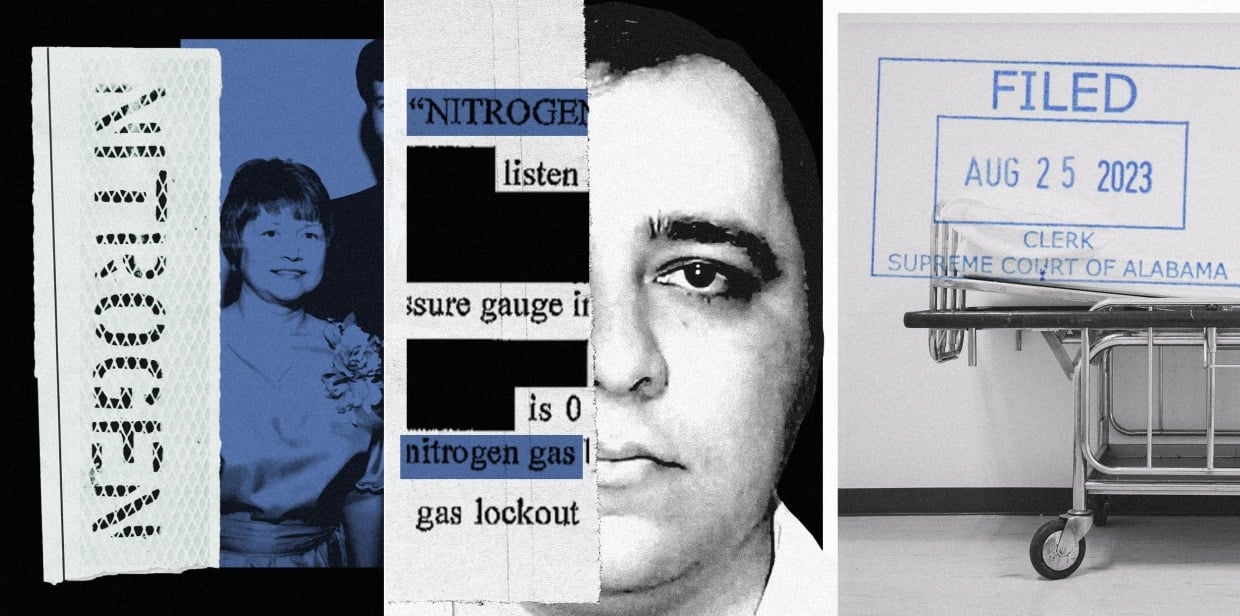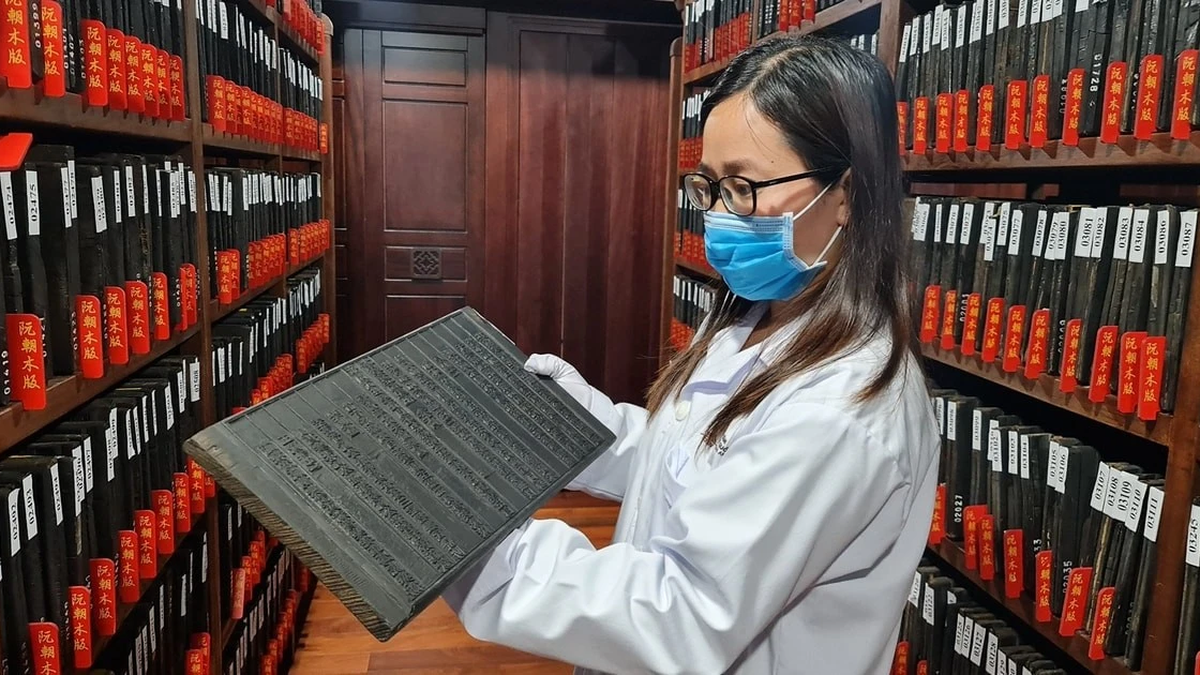Kenneth Smith, who was convicted of murder in 1988, is scheduled to be executed in Alabama on January 25 by nitrogen asphyxiation. Execution officials will strap a mask to Smith's face, which will be connected to a nitrogen cylinder to deprive the inmate of oxygen.

Kenneth Eugene Smith was convicted of the 1988 murder of Elizabeth Sennett. In August, Alabama petitioned the state Supreme Court to execute him with nitrogen gas. Photo: NBC
US states are finding it increasingly difficult to obtain sedatives used in lethal injection executions, in part due to a European ban that prevents pharmaceutical companies from selling drugs used in executions.
As a result, some states have sought to restore older methods such as firing squads, while Alabama, Mississippi, and Oklahoma have introduced new procedures based on nitrogen gas.
Smith sued the Alabama Department of Corrections, arguing that the nitrogen asphyxiation method posed dangerous risks that could potentially ruin the execution. Smith argued that such a scenario could cause a stroke or leave Smith in a permanent vegetative state.
Judge R. Austin Huffaker in Montgomery, Alabama, ruled against Smith, who sought a stay of execution to allow his case to proceed.
UN experts warned last week that the world's first execution by nitrogen gas asphyxiation would likely violate international treaties against torture and other cruel, inhuman or degrading punishment.
Smith, 58, is one of only two people in the US to survive a death sentence. Alabama failed to execute him by lethal injection in November 2022 after multiple attempts to insert an intravenous line failed.
Mai Van (according to Reuters)
Source






































































































Comment (0)